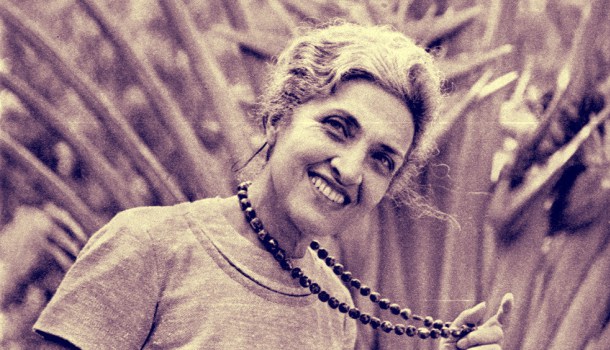ADVERTS
Cecília Benevides de Carvalho Meireles was born in Rio de Janeiro in 1901. Orphaned by her father and mother at the age of three, she was raised by her grandmother.
His initial studies took place at Escola Estácio de Sá. After completing his studies, he received a gold medal from Olavo Bilac, who at the time was School Inspector of Rio de Janeiro, for his performance on the course.
ADVERTS
In 1917 he finished high school and worked as a teacher in schools in Rio de Janeiro. His first book of poetry was released in 1919 under the name “Espectros”.

Works by Cecília Meireles
Soon after came the works “Não mais… e Poema dos Poemas”, and “Baladas para El-Rei”. In her emotional life, she fell in love with the Portuguese painter Fernando Correia Dias. The relationship resulted in three girls. One of them, Maria Fernanda, had a renowned career as a theatrical actress.
She worked as an educational columnist at “Diário de Notícias” and was the founder of the children’s library in Rio de Janeiro.
ADVERTS
Her career takes on academic proportions and she becomes a professor of Portuguese and Brazilian literature at the Federal University of Rio de Janeiro.
Cecília also worked for the periodicals “A Manhã” and “Observador Econômico”. After her first husband's suicide in 1938, she looked for another partner and married professor Heitor Vinícius da Silveira Grilo.
The book “Viagem”, from 1939, was awarded by the Brazilian Academy of Letters with the honor called “Olavo Bilac”. This was her first highly successful work, which offered her a fundamental role in the second generation of modernism in Brazil.
Award-winning career
She left her academic career in 1951. Her next activities would be as a producer and writer at Rádio Ministério da Educação, in Rio de Janeiro.
She received several honors around the world, such as the Order of Merit from Chile, and the title of Doctor Honoris Causa from the University of New Delhi, in India.
Cecília was also awarded the Jabuti Prize for Literary Translation, for the book “Poemas de Israel”, the Jabuti for Poetry for the book “Solombra”, and after her death, with the Machado de Assis Prize, for all her work literary.
The author died in 1964 in Rio de Janeiro.
